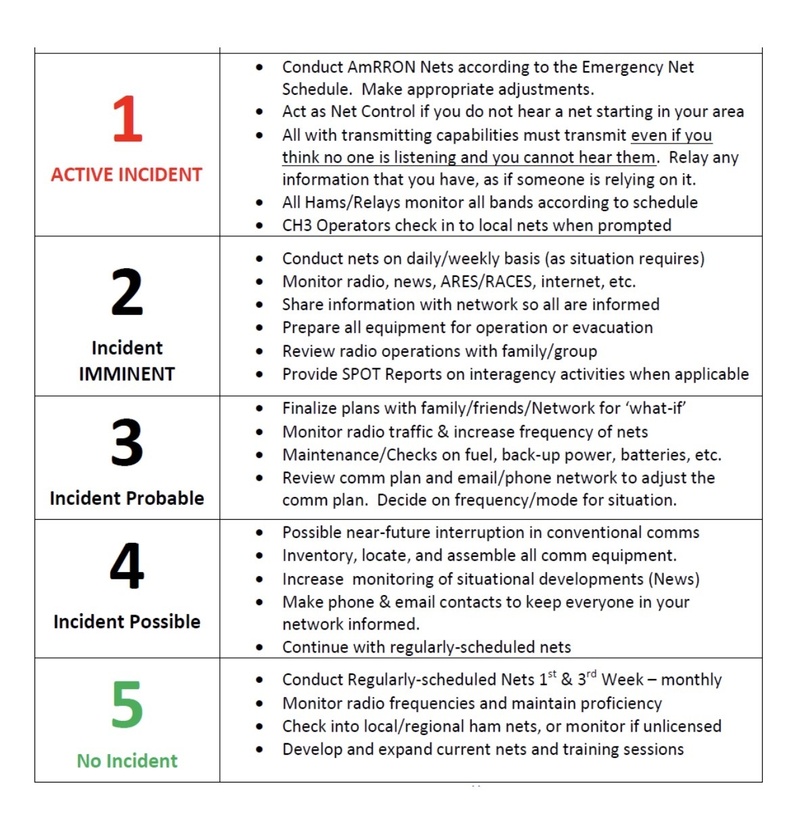
We know what’s coming and we are prepared.
Four men in Washington shape America’s policy in the Middle East. Three are obvious: President Joe Biden, Secretary of State Antony Blinken and national security adviser Jake Sullivan.
The fourth is less well-known, despite his huge sway over the other three ― and despite his determination to keep championing policies that many see as fueling bloodshed in Gaza and beyond.
His name is Brett McGurk. He’s the White House coordinator for the Middle East and North Africa, and he’s one of the most powerful people in U.S. national security.
McGurk crafts the options that Biden considers on issues from negotiations with Israel to weapon sales for Saudi Arabia. He controls whether global affairs experts within the government ― including more experienced staff at the Pentagon and the State Department ― can have any impact, and he decides which outside voices have access to White House decision-making conversations.
A former official said there’s a joke in some national security circles:
“If a nuclear bomb was dropped on D.C., two forms of life would survive: cockroaches and Brett McGurk.”
A former Obama administration official described McGurk as placing “less emphasis on the human rights side of things, except where it serves as useful leverage for his preferred strategic outcomes.”
McGurk frequently discourages colleagues from raising rights concerns with other governments, often saying it will make them more likely to draw away from the U.S. and toward China.
For all his influence, McGurk is ultimately not the chief decision-maker over Middle East policies that are drawing public disdain and risking U.S. interests.
“He is giving the president what he wants,” the former Obama administration official said. “Biden owns these decisions.”
Source: HuffPost

This guy wrote a 25 line Python script he claims "can probably unredact all of the Epstein files in less than 30 seconds".
"I am not suicidal, I am a great swimmer, and I look forward to living my life well into my 80s."
Follow @RealWideAwakeMedia for more content like this!
Merch: https://wideawake.clothing
X | YT | IG | Rumble
US / Iranian Conflict
Raising to AmCON 3 (Incident Probable)
Due to the following: deteriorating negotiations between the United States and Iran; the surge in the past 48 hours of “final stage” US military assets into the Middle East; vacating US personnel from bases in Syria; the “Fatwa” issued last summer by Iranian clerics in the Summer of 2025 calling Muslims around the world to rise up if Iran is attacked; the numerous reports of Iranians who have infiltrated the US southern border in recent years and the warnings of “sleeper cells” in the United States, AmRRON is raising the AmCON one level, to Level 3 (Incident Probable).
AmRRON Special Guidance and Instructions:
AmRRON will remain at AmCON 3 until further notice, and we will continuously be monitoring the situation. Additional changes to the AmCON level, and any special instructions or guidance, will be posted here, as well as through the AmRRON member Telegram Channel, the AmRRON Corps Z-Net, and the AmRRON Mobile Team App....

If you’re a parent, this should make your stomach drop!
Every year, millions of families across America proudly display school photos of their children.
On refrigerators. In picture frames. Sent to grandparents and relatives across the country.
But here’s what most parents are never told…
Those school photos are taken by Lifetouch — the largest school photography company in America.
Lifetouch is owned by Shutterfly.
Shutterfly was acquired by Apollo Global Management.
And Apollo Global Management was co-founded by Leon Black — a name that appears in the Epstein files.
That means millions of children’s images are uploaded into databases every single year by a corporate structure tied to someone connected to Epstein.
Let that sink in!
https://vxtwitter.com/i/status/2019500982997041332


















